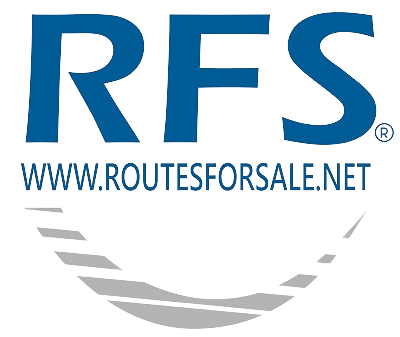1Non-Disclosure and Confidentiality Agreement.
Before receiving sensitive confidential information, buyers must first sign a Non-Disclosure and Confidentiality Agreement. These agreements protect the prospective Buyer from having anyone such as an employer, employees, or the competition discover about the proposed acquisition prematurely. It also protects the Seller against unnecessary problems with customers, employees, vendors, competitors, landlords, bankers, creditors, etc.
2Financial Documentation.
About 50% of our listings provide some type of financing through the distribution company. However in most cases additional funding is required to complete the purchase. In addition our sellers have asked us to pre-qualify their potential buyers before delivering their financial documents or setting up a face to face meeting. Therefore it is necessary for us to verify that the prospective buyer has ability to purchase with cash and/or is pre-approved through a financial institution. We do not require you to send us sensitive information like bank statements or account numbers. In most cases we just need a letter from your bank stating you have the ability to purchase for the full amount or difference not financed by the company. You can also review more Financing Options Here.
3Face To Face Meeting.
After reviewing the route for sale, and financial data, if the prospective Buyer determines that the business presents a desirable opportunity the Buyer should arrange a face to face meeting with the Seller to explore the route territory, learn operating procedures, and gain additional insight.
4Making An Offer.
After meeting the business owner and touring the route for sale, the next step is to present an offer of purchase for the business. Making the offer can be made at any time during the above process, and should also be noted that it is not the final step. In fact, it should be viewed as the first of several steps, each of which bring the Buyer and Seller closer to completing the transaction. Note: It is the prospective Buyer’s duty and obligation to verify the accuracy of the Seller’s representations.
5Purchase Agreement.
Once a selling price for the business has been agreed to, it is now time to execute a purchase agreement between the buyer and seller and place a good faith deposit into escrow. Next the company must interview and get approval for purchase of the business. If financing is going to be done through the company, a credit application must also be submitted for approval. Note: Every company’s policies and procedures vary, but in most cases as long as you have a descent credit score, no bankruptcies, or felonies you should not have a problem being approved.
6Good Faith Deposit.
Also referred to as “Earnest Money” is required for generally 9% of the selling price or $9000, whichever is greater. This is usually placed in an escrow account or with a third party. The good faith deposit should be made at the time you sign the purchase agreement.
7The Closing.
Once the buyer is approved by the company and for financing (if applicable), it typically takes 6-8 weeks for final paper work to be drawn up and signed. A final meeting time will be established to sign your new distributorship agreement, and the exchange of the business and money will take place between the buyer and seller in the form of a certified cashier’s check. After a successful closing, the good faith deposit will be released from the escrow agency.

 Chat
Chat



